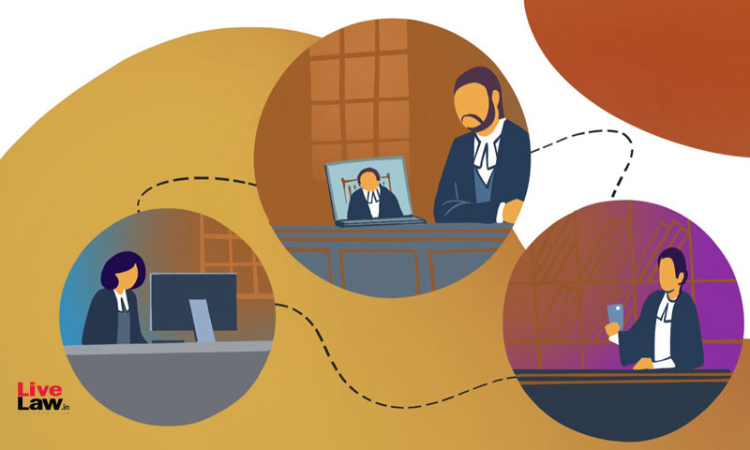Virtual Hearing Facilities Can't Be Restricted To Advocates/Litigants Above A Particular Age : Supreme Court
Padmakshi Sharma
11 Oct 2023 10:00 PM IST

Next Story
11 Oct 2023 10:00 PM IST
The Supreme Court, while mandating hybrid hearings in all High Courts across the country, expressed its concern over the absence of uniform Standard Operating Procedures (SOPs) in High Courts, highlighting the need for a clear and consistent approach to electronic access for hearings. The bench comprising Chief Justice DY Chandrachud, Justice J.B. Pardiwala and Justice Manoj Misra also...
